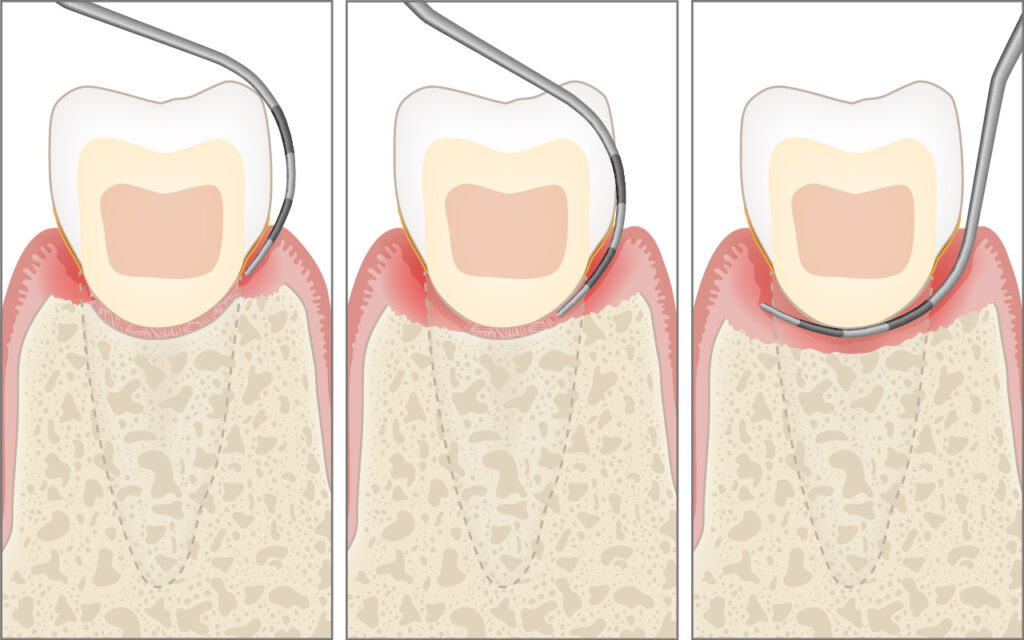For most people, having good teeth is important, which can make tracking the current state of your teeth and how well you care for them confusing. What are the different types of teeth? How many are there in total? Do my teeth always have to be white? If you want to know the answers to these questions and more, then check out our teeth number chart. It’s an easy way to keep track of all your teeth!
Types Of Dental Filling Materials
Dental offices near me use many different materials when filling cavities. The three main types are dental amalgam, composite resin, and glass ionomer cement. Dental amalgam is made up of silver, copper, and mercury. It’s the least expensive filling material because it doesn’t require any curing time. Composite resin is made up of plastic and resin that binds together to form a strong tooth-like restoration. Glass ionomer cement also bonds like composite, but it has more water in it so it can be used in cases where decay goes down below the gum line.
Types Of Tooth Enamel Discoloration
There are three main types of tooth enamel discoloration: yellow, brown, and gray. Yellow is the most common form and is usually caused by brushing too hard or not having good dental hygiene habits. Brown teeth are often caused by smoking, drinking coffee or tea, or consuming lots of red. Gray teeth can be caused by aging, some medications, and heavy metal toxicity. Regardless of your age, if you notice any changes in your teeth that worry you, make an appointment with your dentist as soon as possible. Even if it’s nothing serious, it’s always better to be safe than sorry.
Types Of Tooth Infections
When it comes to teeth, there are many types of infections that can occur. The most common tooth infection is known as Gingivitis. Gingivitis is an inflammation of the gums and tissues that surround the teeth. This type of infection typically doesn’t require treatment from a dentist unless it has been left untreated for long periods at a time, but it does need to be monitored by your dental office near me so you can get any necessary treatments right away.
The next most common tooth infection is known as Periodontitis. Periodontitis is an inflammation that affects the gum tissue and bone around the teeth. If left untreated, this type of tooth infection will eventually lead to loosened or missing teeth due to bone loss around those areas of your mouth.
Types of Tooth Scaling Procedures
Different types of tooth sensitivity can be caused by various factors. Sensitivity usually occurs when you have too much plaque buildup on your teeth, which can also cause gingivitis and gum disease. Many things can cause tooth sensitivity including: *Dry mouth *Excessive brushing *Tooth wear or decay *Root canal treatment *Exposure to cold temperatures for an extended period
If you’ve been experiencing tooth sensitivity, the best way to find out what the cause is is by visiting your dentist. Dental offices near me offer many different ways for you to find relief from sensitive teeth, including dental sealants, oral hygiene counseling, and general dentistry services such as teeth cleaning and x-rays.
Types of Tooth Sensitivity Issues
One type of sensitivity is called dentin hypersensitivity. This type can be caused by tooth decay, chronic gum disease, or cavities. Other types include root sensitivity and supragingival hypersensitivity, which is usually caused by an overactive salivary gland or dry mouth. Another type, termed enamel hypersensitivity, is usually due to tooth wear from teeth grinding at night or the natural wear and tear that happens as we age. Treatment for all types of sensitivity issues varies depending on the cause but might include special protective coatings, desensitizing agents, porcelain veneers, crowns, or in extreme cases extraction.
